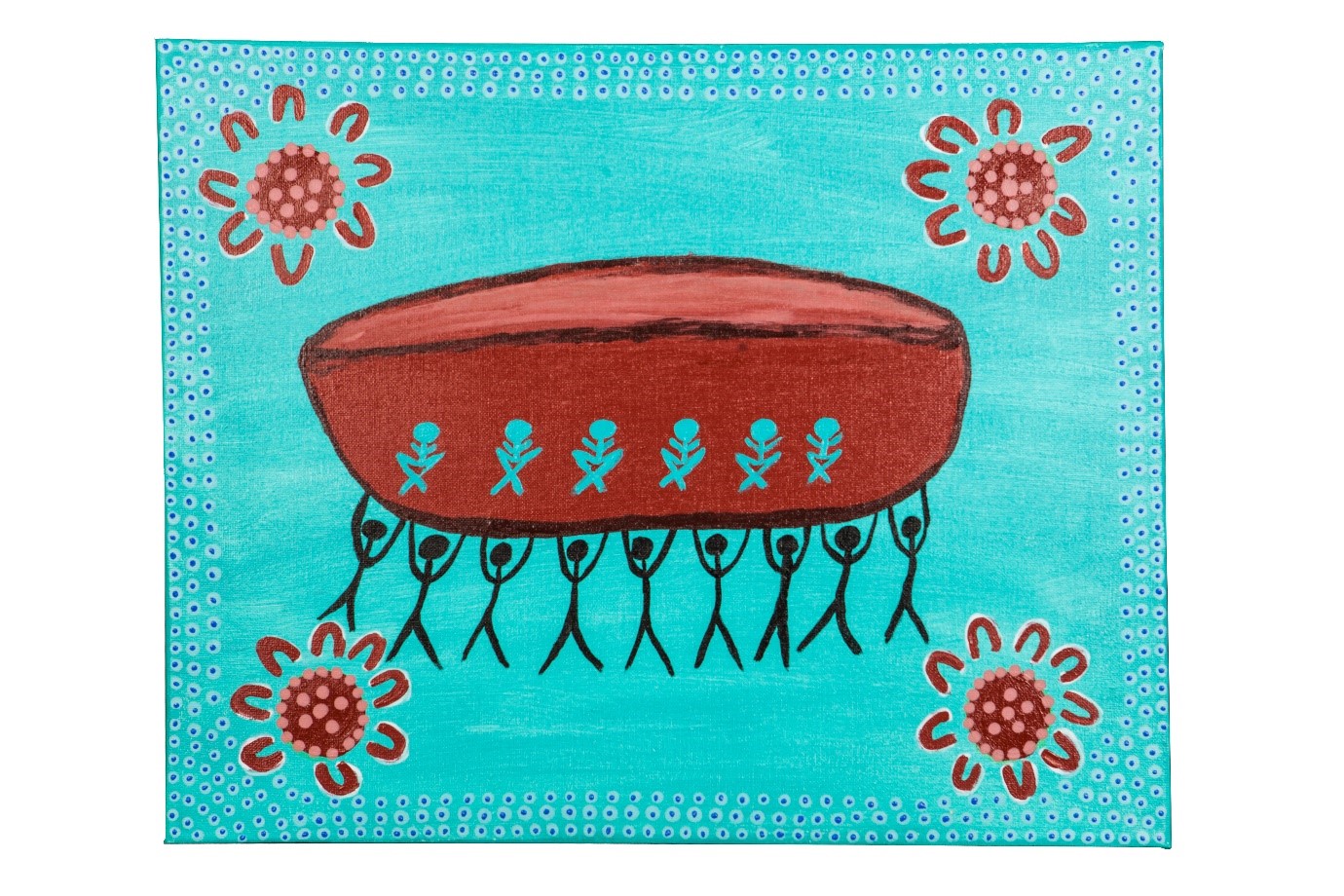Search
Showing results for "early childhood"
Research
Prenatal stress and risk of behavioral morbidity from age 2 to 14 years:The maternal experience of stressful events during pregnancy has been associated with a number of adverse consequences for behavioral development offspring...
Research
Targeting the mucosal immune system in a mouse model to prevent pregnancy complications following maternal bacterial infectionThis work is the first step to develop safe treatments for pregnant mums to protect against preterm delivery and low birth weight caused by maternal infections.
Research
Literacy and Numeracy Underachievement in Boys and Girls With ADHDChildren with ADHD are disadvantaged from an early age in key areas of learning, and this risk increased with reduction in gestational age at birth
Research
Wellbeing studyBurns are a common cause of emergency presentations, and most burn injuries happen to children and adolescents.
Research
The contribution of viruses and bacteria to community-acquired pneumonia in vaccinated children: A case - Control studyRespiratory viruses, particularly respiratory syncytial virus and human metapneumovirus, are major contributors to pneumonia in Australian children

Research
Ngulluk Koolunga Ngulluk Koort (Our Children, Our Heart) ProgramBrings the Aboriginal community(s) of Perth together with service providers & policy makers to improve outcomes for Aboriginal kids and their families.
Research
Malignant Melanoma in Children and Adolescents Treated in Pediatric Oncology Centers: An Australian and New Zealand Children’s Oncology Group (ANZCHOG) StudyUnlike adults, malignant melanoma in children and adolescents is rare. In adult melanoma, significant progress in understanding tumor biology and new treatments, including targeted therapies and immunotherapy have markedly improved overall survival. In sharp contrast, there is a paucity of data on the biology and clinical behavior of pediatric melanoma. We report a national case series of all pediatric and adolescent malignant melanoma presenting to ANZCHOG Childhood Cancer Centers in Australia and New Zealand.
Research
In vivo loss of tumorigenicity in a patient-derived orthotopic xenograft mouse model of ependymomaEpendymomas (EPN) are the third most common malignant brain cancer in children. Treatment strategies for pediatric EPN have remained unchanged over recent decades, with 10-year survival rates stagnating at just 67% for children aged 0-14 years. Moreover, a proportion of patients who survive treatment often suffer long-term neurological side effects as a result of therapy. It is evident that there is a need for safer, more effective treatments for pediatric EPN patients.
Research
Antecedents of teenage pregnancy from a 14-year follow-up study using data linkageThis study identified possible antecedents of teenage pregnancy using linked data from administrative sources to create a 14-year follow-up from a cross-sect...
Research
Evaluation of a bacterial therapy for prevention of respiratory infection including influenza and otitis mediaDeborah Lea-Ann Peter Ruth Strickland Kirkham Richmond Thornton PhD PhD MBBS MRCP(UK) FRACP PhD Head, Pregnancy and Early Life Immunology Co-Head,
